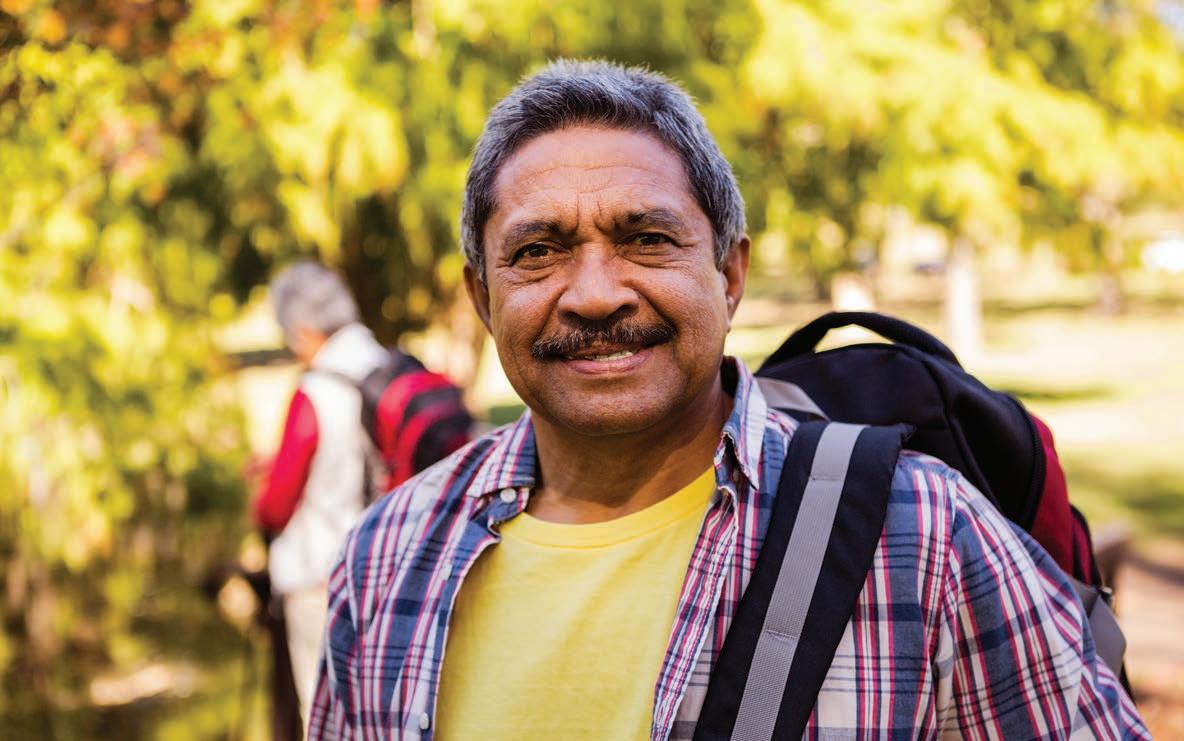
2 minute read
Getting “The Call”
When your doctors identify a donor for you, you will receive a phone call from the transplant coordinator letting you know that it is time for your transplant.
Getting the call about a donor can happen anytime, day or night. When you get the call, you will be expected to be ready and able to come directly to the hospital. Please make sure to always have your phone with you, turned on, and to answer every phone call you get, even if you don’t recognize the number.
You are responsible for your own transportation to the hospital on this day. Please let us know if you are planning on traveling farther than two hours away from Mount Sinai Hospital, as there is only a short window of time that any organ can remain outside of the body.
The coordinator will give you all the necessary information before you leave for the hospital. Do not eat or drink anything unless instructed otherwise. Depending on COVID-19 restrictions at the time, your family may be allowed to stay with you until you enter the operating room.
While you are waiting for the call, make sure you have a bag packed and ready to go. Please remember to bring a list of your medications. Also, you may want to have some cash to pay for the cost of meals and parking for your family members.
Before you get the call, you may want to practice driving to the hospital to see how long it will take you to get here. Remember, it is important to stay calm and drive safely.
Always answer calls from numbers you don’t recognize —it could be the call that you have a donor and it’s time to come to the hospital.
Dry Run
While you arrive at the hospital and get settled and prepped for surgery, a surgical team from the transplant center will travel to the donor site to extract the lung or lungs from the donor for transplant.
During the surgery to remove the lungs, called “organ procurement,” the surgeon may find that the lungs are newly damaged or have become unsuitable for transplant. They may therefore decide to decline the organs. This decision is made with very careful consideration, weighing all the risks and benefits.
If this happens, the transplant surgery will be cancelled, even if you are already in the hospital. This is called a “dry run.” Your surgery will not begin until the team is sure the lungs will be accepted during the organ procurement.
If a dry run occurs, you will be sent home from the hospital. Your place on the transplant wait list will remain the same, and you will continue to wait until another suitable donor becomes available. This situation can be emotionally difficult, and our team is here to help you cope. A “dry run” means that the organs are not actually suitable for transplant and the surgery is cancelled. Your place on the transplant waiting list will not change.
Left: Scott Scheinin, MD, Surgical Director of Lung Transplant Center: Pamela Philippsborn, NP, Transplant Coordinator Right: Harish Seethamraju, MD, Medical Director of Lung Transplant 23









